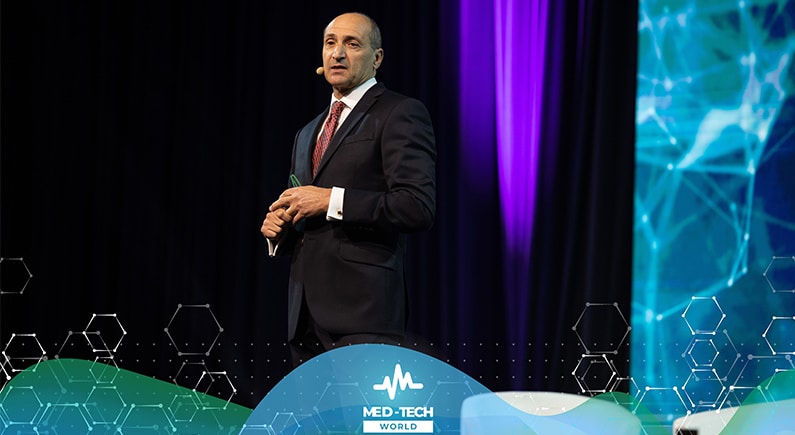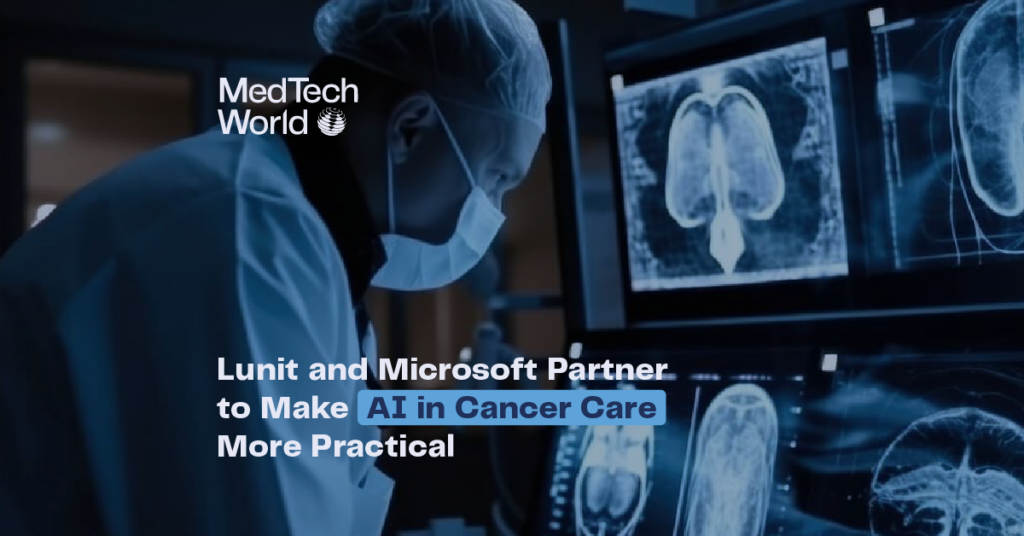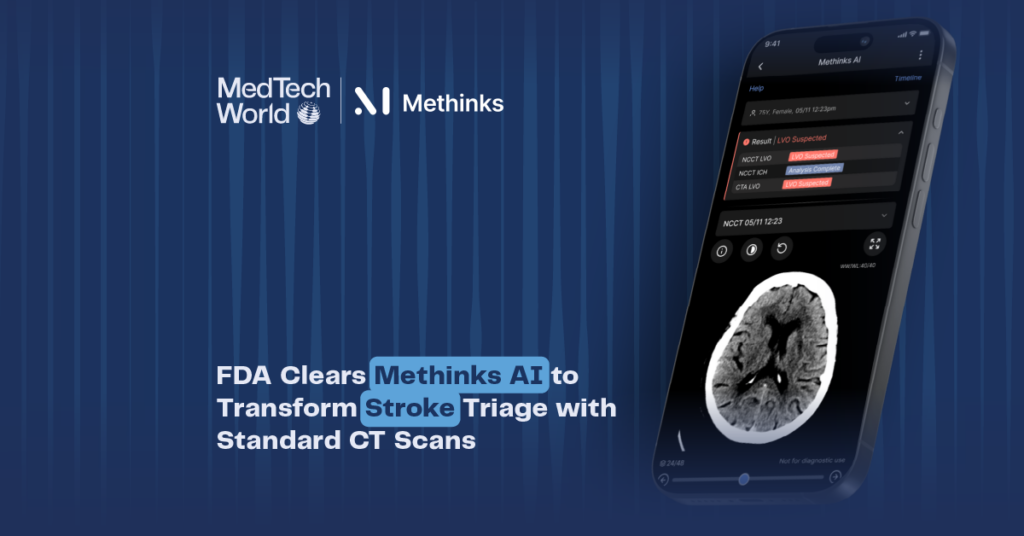
Michael Joe Cini
9th January 2023
MALTA MED-TECH INDUSTRY: BEFORE, NOW, AND LATER
This is a very exciting time for people in medicine and/or technology. It’s an even more exciting time if you are in Med-Tech because the advances currently seen in the field are off the charts and the potential it offers to the medical industry is nothing but fantastic.
Like most places, Malta has also seen many growth fields and medical technology advancements.
During Malta Week, we were honored with the presence of Hon. Chris Fearne, Malta’s Deputy Prime Minister & Minister for Health. He delivered an exquisite keynote speech, taking us through and exposing us to the development that has happened in the Malta Med-Tech industry.
Med-Tech in Malta: The Current Trends
One of the most exciting things that happened in the last few years is that patients are more willing to take responsibility and ownership of their own health. Up until some years back, going to the doctor or looking after one’s health was more of a retail concept.
People are becoming increasingly interested in looking after their health and well-being on a daily basis, and technology is making this easier. Technology is making medical data more accessible to patients.
Wearable devices, and mobile phones are allowing people to monitor their heart rates, sleep patterns, oxygenation, blood pressure, and other personal health data.
Although most people are not medical experts and do not know what to do with this available data, surprisingly, more people are hopping on the use of these technologies. The lacuna between absolutely looking after one’s own health by oneself and leaving one’s medical care to the professionals is being filled by remote patient monitoring (RPM).
In his speech, the Maltese physician and politician explained the concept of RPM and how it’s been functioning in Malta.
In the last few years, Malta has been getting familiar with 24 hours per day remote monitoring of patients with arrhythmias and continuous glucose monitoring in type 1 (insulin-dependent) diabetes patients. This technology monitors patients nonstop and reports the data via mobile phones.
More importantly, it’s connected by WiFi to the central unit, where professionals can look at the data and act accordingly. It is popular and widely accepted by patients. Recently, there’s been a demand to expand it to other chronic diseases, including chronic obstructive pulmonary diseases.
Hon. Fearne discussed how the concept of telemedicine is cost-effective, time-saving, and energy-conserving.
“We’ve found that telemedicine decreases by 80% the need for doctors to go out on home visits. This allows us to see many more patients in a short period,” he said.
Infinite possibilities
Indeed, when telemedicine is linked with remote patient monitoring, the possibilities of developing these spheres are infinite.
The Malta government, together with other European Union member states, the European Commission, and the European Council, is currently pushing for e-labelling or electronic patient information.
What does this mean?
In most cases, medicines are labelled in the languages of the countries where they are produced. This sort of limits the number of patients that can read or understand what’s written on the label, since there are thousands of languages all over the world. Asides from the physiological effects of drugs, there’s a psychological aspect that needs to be settled for drugs to achieve their maximum effectiveness.
This is strengthened by the knowledge of the patients about the drugs and their content. Asides from this, patients actually need to know what exactly they are using. Therefore, there’s a need to not only have drug labels in print but also in digital forms so that patients scan the packets with their mobile phones and they can get an instant translation of what the drugs are about.
Hon. Chris Fearne confirmed that all hands are on deck to pull this off. If accomplished, this stands to be one of the most patient-friendly moves there could be.
During his speech, Hon. Fearne also talked about the innovations that will in a matter of few years be underway.
This includes operating in the metaverse, quantum computing in medicine, and the European health data space.
For more Med-Tech news please visit: https://med-tech.world/news/




